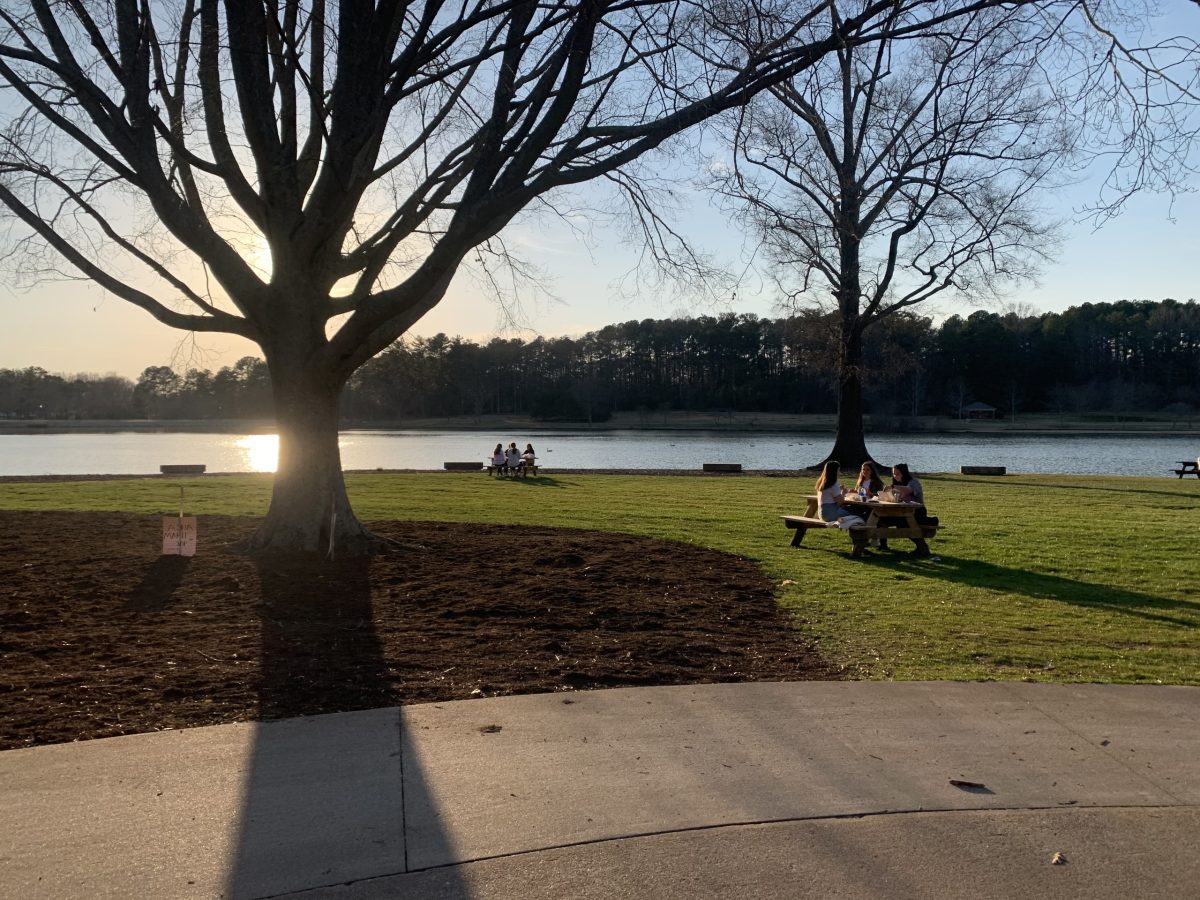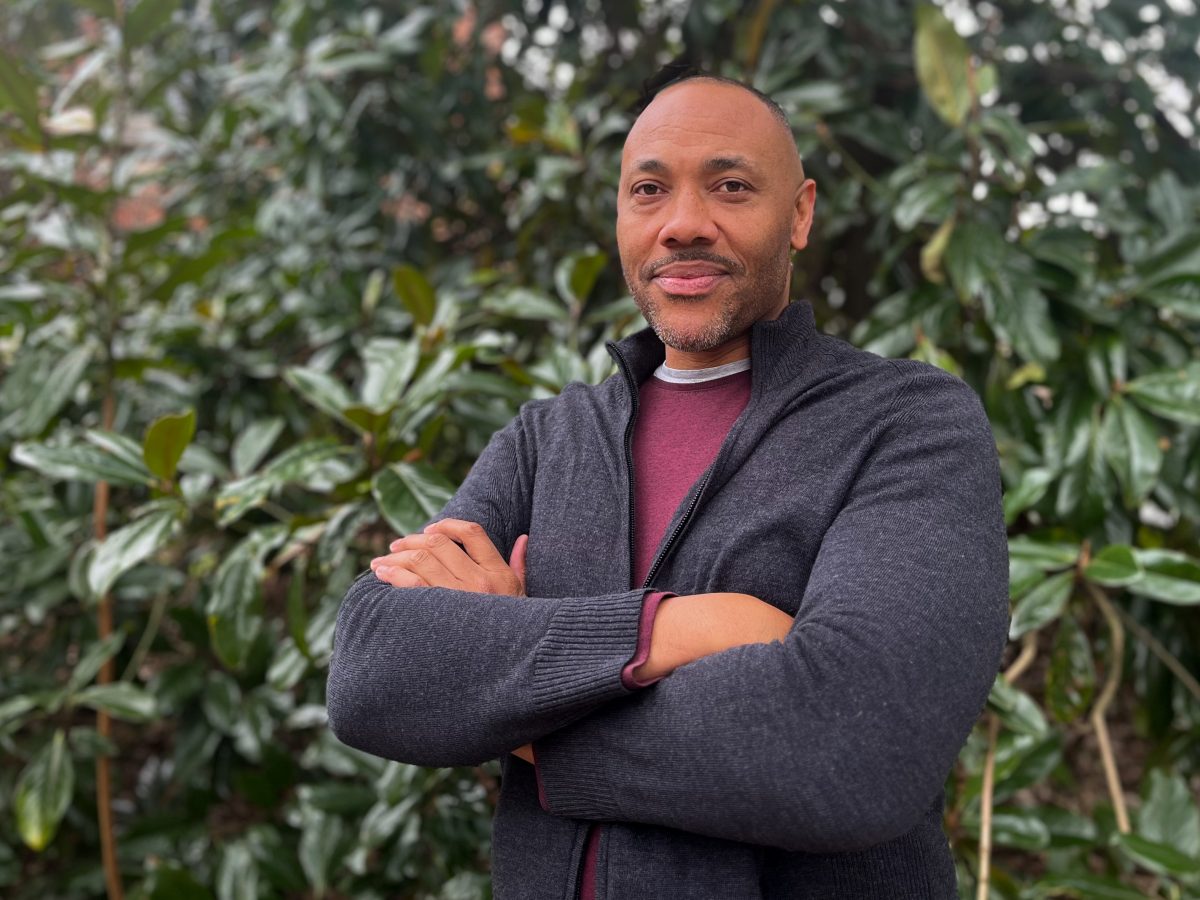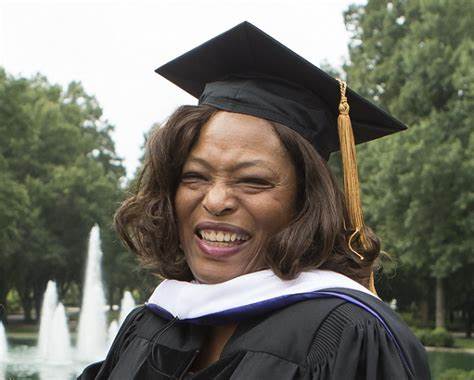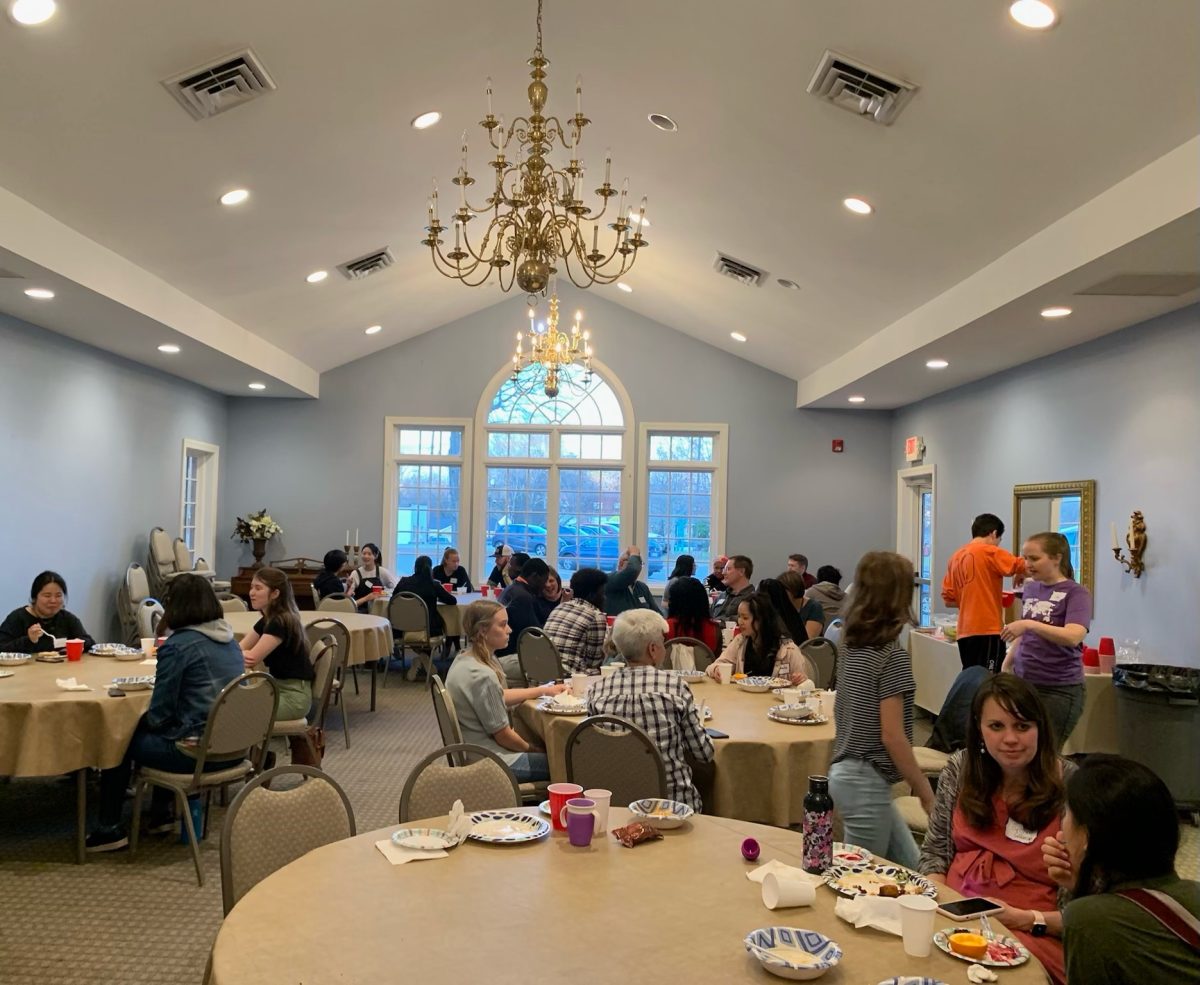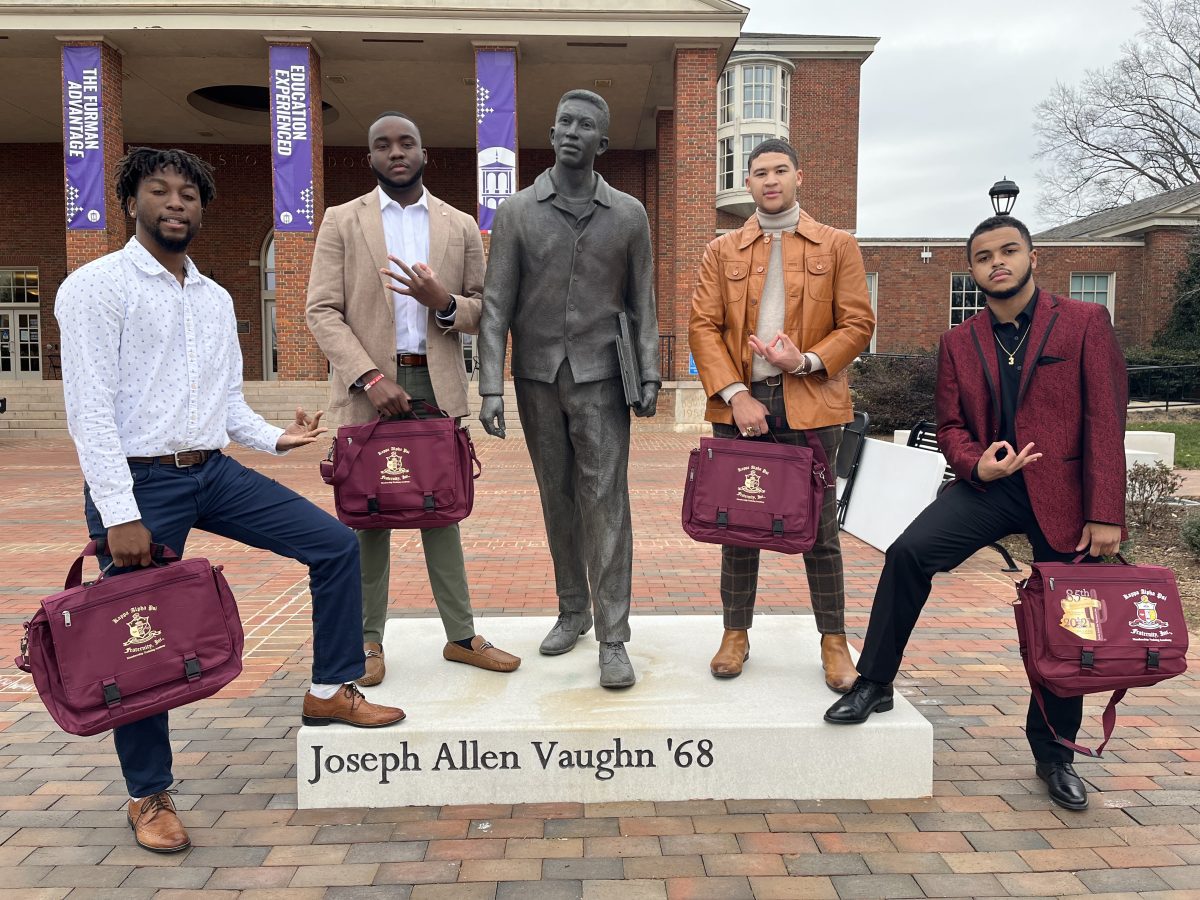Since 1987, the month of March is designated as Women’s History Month – an annual recognition and celebration of women’s contributions to society, culture, and history in the United States. This past year revealed many highs and lows for women, from staggering statistics about global domestic violence, the inauguration of the first female Vice President of the United States, and more. However, discussions about the challenges and triumphs of women should not be limited to a singular month. At Furman, one interdisciplinary field of study continues this conversation throughout its classes and mentorship – Women’s, Gender, and Sexuality Studies.
Women’s, Gender, and Sexuality Studies (WGSS) began at Furman as a concentration, which later evolved into a minor, and eventually a major. In a panel on Mar. 24, 2021, former Furman WGSS alumnae discussed the impact of combining the WGSS field with their professional interests. Christina Henderson ‘08, recently-elected DC City Council member, shared that her WGSS concentration helped her understand “some of the gendered issues that have permeated politics and the decisions that elected officials make.” Similarly, panelist Lauren Pinion ‘17, 2021 MD candidate, shared how the WGSS minor improved her understanding of gender disparities in the medical field. “The advocacy I learned at an individual level helps me take care of patients,” Pinion explained. Other alumnae also shared how exploring WGSS helped strengthen their understanding of the world around them, many of the challenges specific to women, and the impact they want to have in their careers.
The WGSS minor was also added as a major in fall 2019. “Expanding to include a major brings Furman in line with broader academic trends that recognize Women’s, Gender, and Sexuality Studies as an interdisciplinary field,” shared Dr. Gretchen Braun and Dr. Savita Nair, co-directors of the WGSS major. “A WGSS lens empowers students to draw meaningful connections between different aspects of their intellectual, career, and personal lives.” Braun and Nair explained that growing national attention to social issues added to their motivation to create this major, as this field of study is highly relevant to these conversations both nationally and globally. “Offering a WGSS major better enables Furman to develop wise and informed local and national leaders.”
Current WGSS majors echo Braun and Nair’s assertions for the relevancy and applicable nature of this field of study. Queen Trapp ‘22 chose to double major in WGSS and psychology, as she feels her plans to work in the education and non-profit sector will benefit from learning about identities she shares, in addition to other marginalized identities. “Courses under the WGSS major put these marginalized identities front and center in the classroom,” Trapp elaborated. “I am able to grapple and work with current events related to women, gender, and sexuality and apply these concepts directly to my academic work.”
Similarly, Riley Hughes ‘22 attests that the WGSS major has helped her develop “strengths in navigating controversial topics, being passionate and effective in advocacy, and keeping an open mind.” Hughes shared that her professors have incorporated the core values of Women’s History Month into all of their classes, which emphasize “the works of women, the struggles of women, and the achievements of women.” Hughes emphasizes the need for other disciplines to “normalize integrating women into the curriculum, just as it has always been done for men” beyond Women’s History Month.
The continued development of the Women’s, Gender, and Sexuality Studies major reflects the University’s continued progress towards diversity and inclusion. This interdisciplinary field of study supports its students in combining their passions for gender and sexuality equity with their intended careers, while also drawing attention to disparities and accomplishments of women all over the world. Even though we are nearing the end of Women’s History Month, the work of this department and the broader Furman community to celebrate and support women is far from over.



































